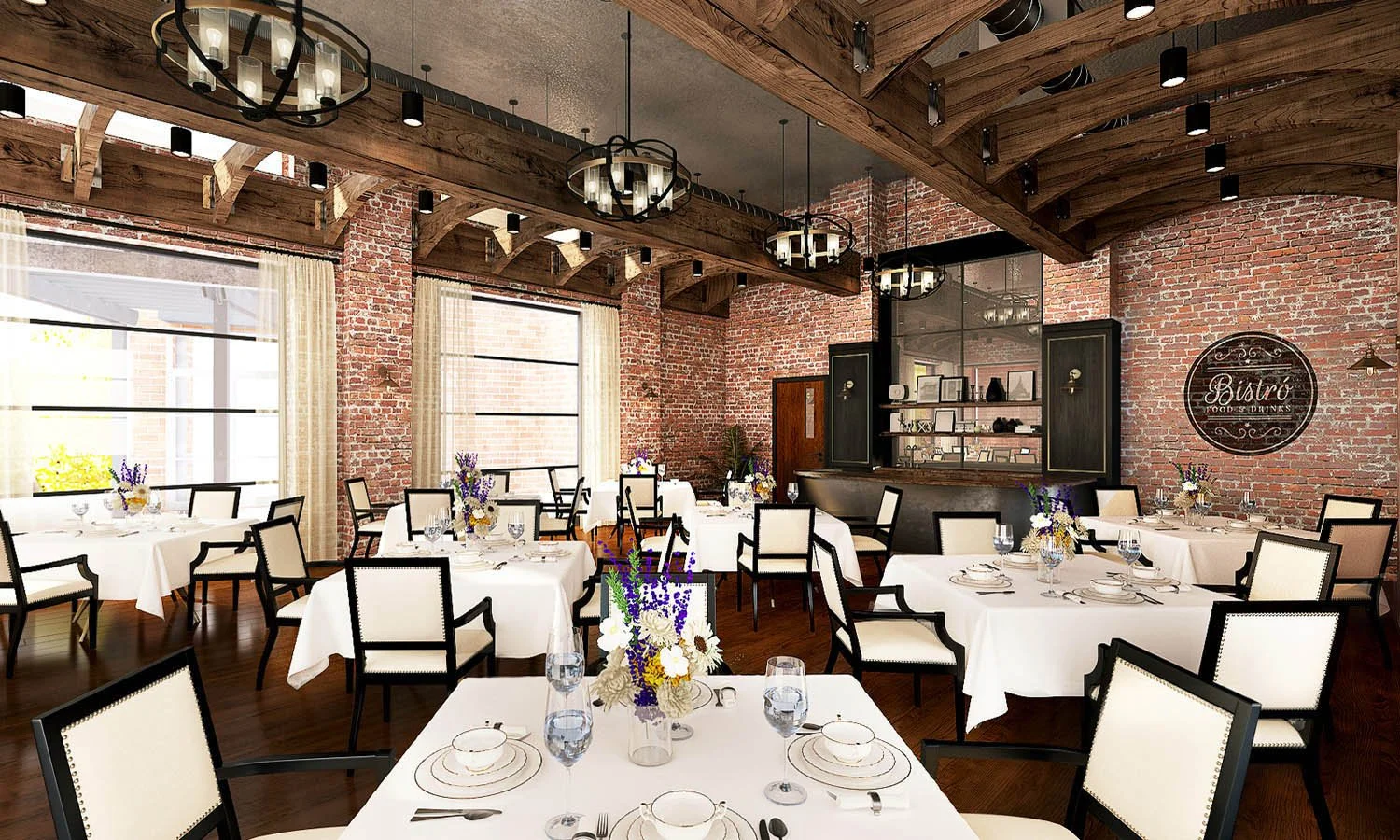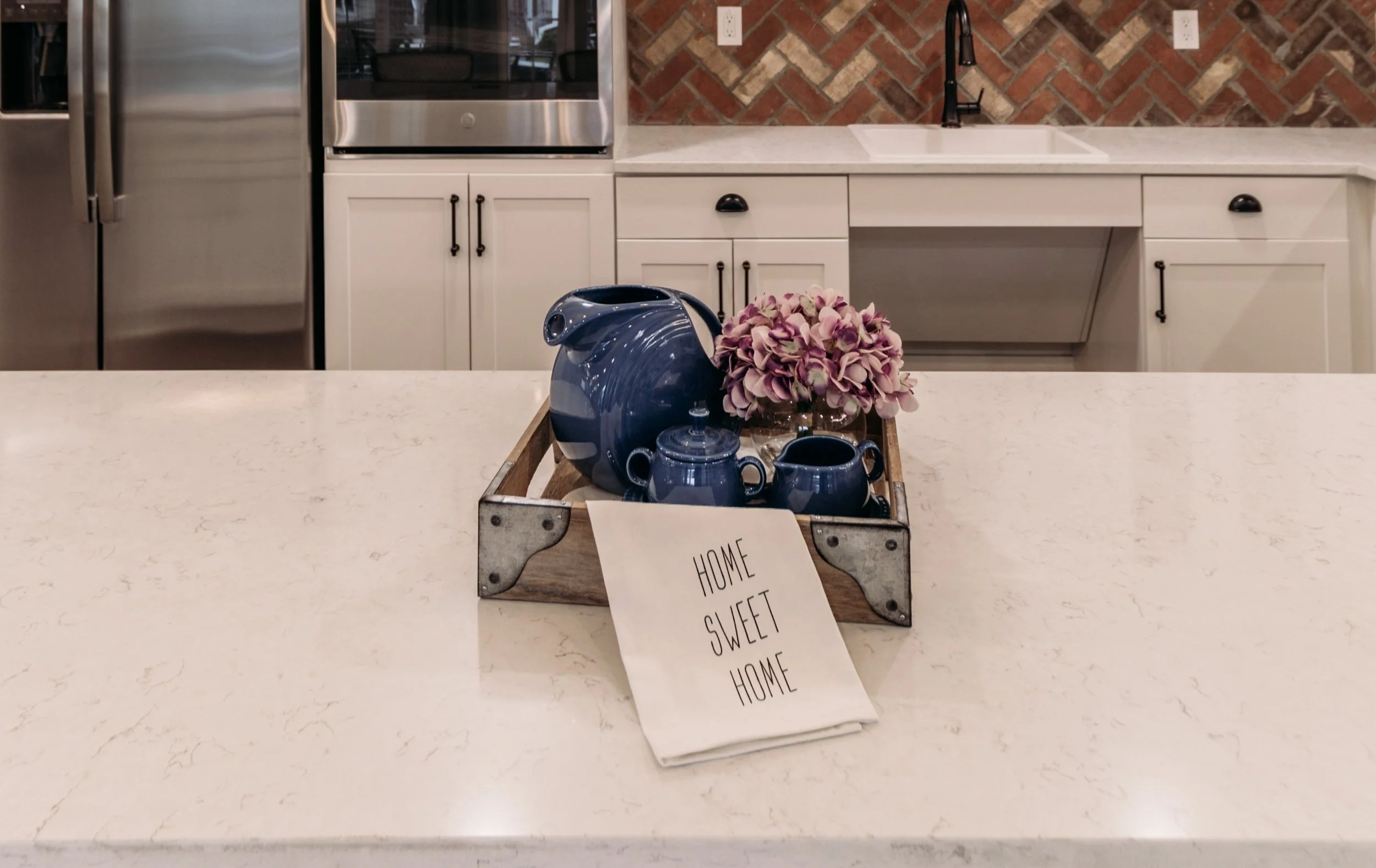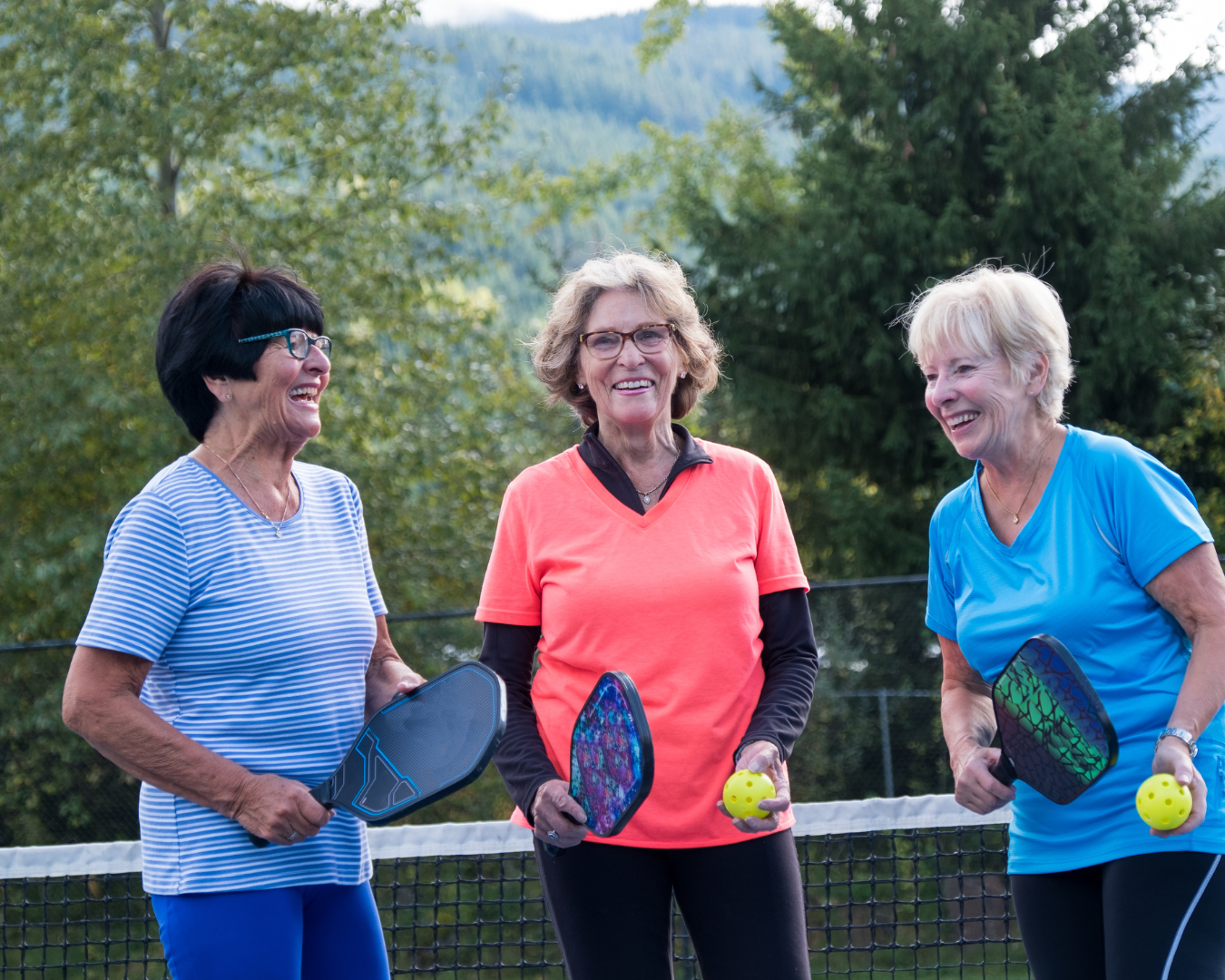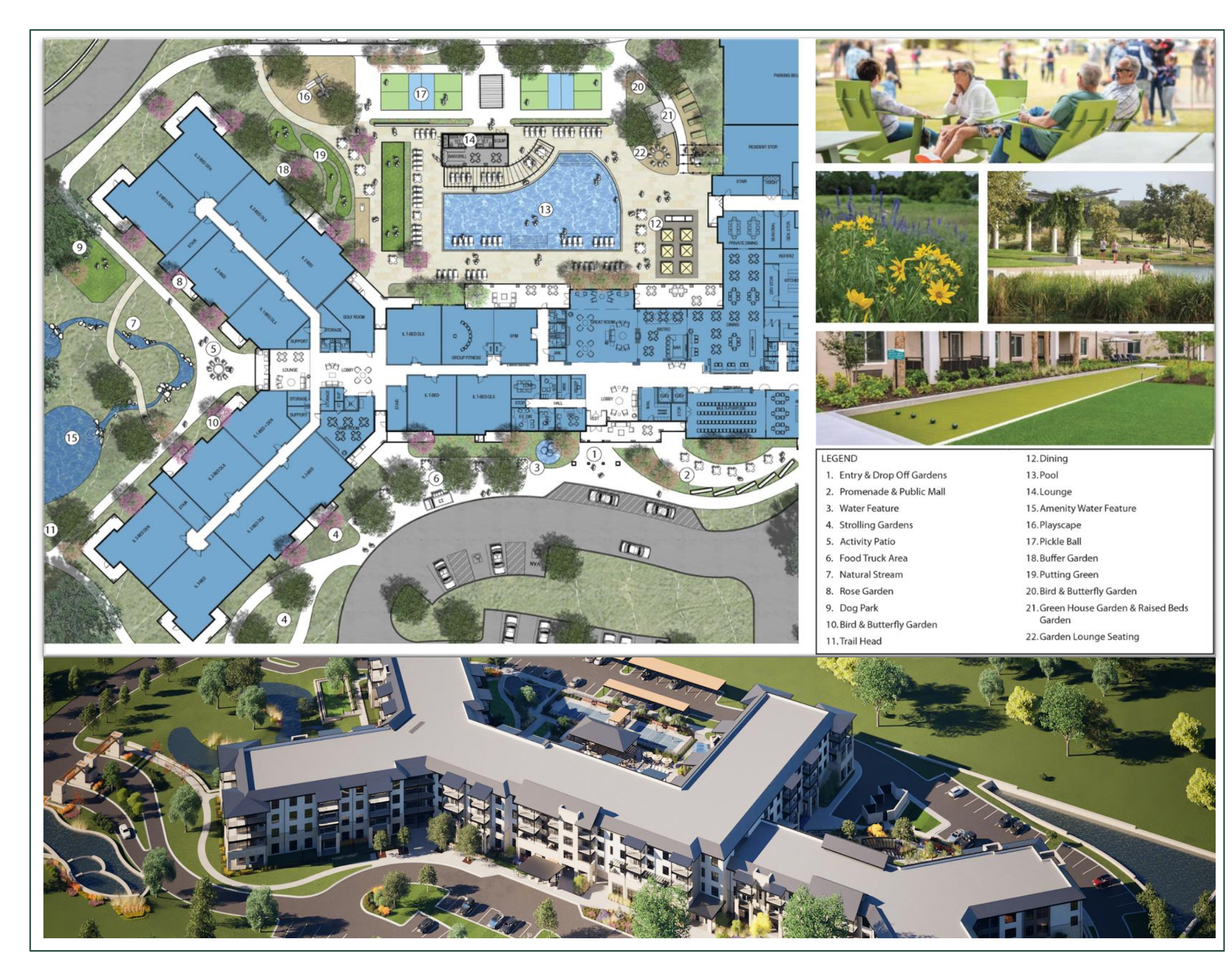The Many Demands of Solo Agers
According to population data, about 28% of people aged 65 and older live by themselves; more than 6 million men and 10 million women. Many of these individuals are residents or potential residents of senior living communities; they can and do live independently. These individuals have issues that require support, with nearly 4 in 10 having vision or hearing loss, cognitive issues, or other problems or disabilities. An AARP survey shows that an astonishing 95% haven’t made a reservation at a senior living community, and 82% haven’t looked into finding an easier or less expensive place to live or made any modifications to their homes.
Here are some insights on solo agers that may impact community design and amenities offerings:
Despite efforts to encourage and enable socialization following the pandemic, many older adults – including solo agers – continue to feel isolated or lonely. More than 3 in 5 Americans report feeling lonely, and only about half say they have daily face-to-face social interactions that are meaningful. Communities should have a variety of options for engagement and socialization. This means amenities such as multipurpose rooms that support everything from concerts and crafting to movie nights and book clubs; opportunities for learning and intergenerational connections such as partnerships with area schools and universities; common spaces that draw people with activities such as concerts or games; rooms that enable people to observe or actively engage, based on their personality and interests.
On-site health and wellness services and amenities are key, especially as many solo agers don’t have support systems to help them with transportation to doctors’ appointments or trips to the pharmacy. As a result, more communities include pharmacies, dental clinics, exam rooms, and rehab facilities to increase their service mix and enable residents to age in place longer.
Affinity communities continue to attract attention. For instance, there are communities designed for people to enjoy a playful, vacation lifestyle and those that are Zen-inspired, with vegetarian dining and goals of net-zero energy status. While some solo agers will prefer variety and diversity, others will appreciate opportunities to live and socialize with people who share their specific interests, passions, lifestyles, backgrounds, and beliefs.
Affordability is a priority. Many solo agers are on a budget, and they may prefer a la carte offerings and services, instead of paying for things they don’t want or won’t use. For them, it’s not just about physical environmental design but a business model they’re comfortable with. They don’t necessarily want or expect an upscale spa or country club setting. Instead, affordability, safety, convenience, and a community where they can feel comfortable and engaged are priorities for them.
Dining is about experience, not just the food. Many solo agers are used to cooking for themselves, so chef kitchens and the availability of cooking classes and food clubs are appealing to this population. Like most seniors, many solo agers seek activities and habits that contribute to a long and healthy life, and healthy eating is an important part of this. It’s worth noting that solo agers may be used to eating alone, and while some may welcome company, others may prefer to eat by themselves – either in their rooms or public dining venues. One possible a la carte service might be consultations with a nutrition concierge or dietitian.
Solo agers may want or even need to continue working after age 65. Like many older adults, they reject the idea of “being put out to pasture” because of their age. Many expect to work into their 70s or even 80s. This means that communities should have amenities like a business center, apartments with space for an office, on-site or pop-up shops that sell basic business supplies and perhaps some tech devices, and a media room that can be used for meetings and presentations. Art studio spaces, woodworking shops, music rooms, and community gardens are also attractive.
Pi Architects designs innovative spaces that attract independent seniors by creating lifestyle-focused communities. Pi Architects’ designs blend unique local interests with health and wellness amenities, helping communities connect with solo agers seeking active, fulfilling retirement living.
Pi Architects | Contact us here or call us at 512-231-1910.










